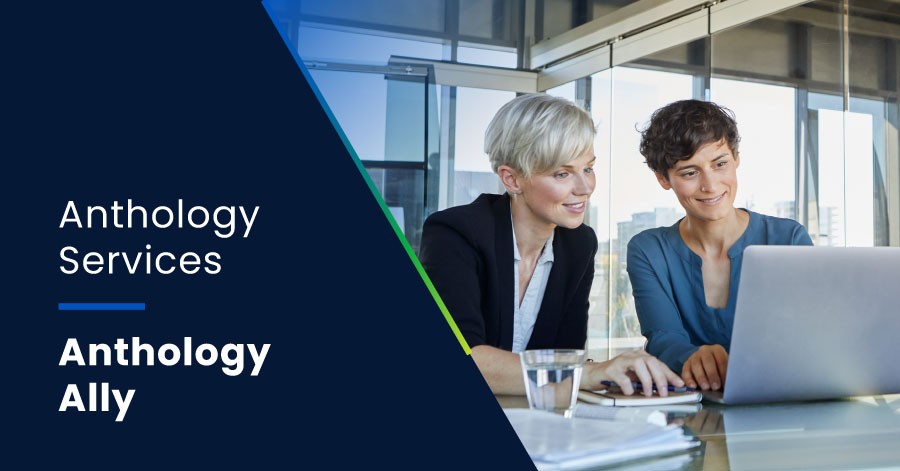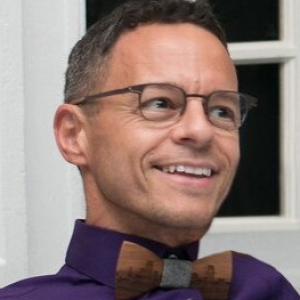
Empowering Educators with Digital Accessibility: A 2025 Institutional Challenge
Increasing awareness of accessibility should be an ongoing effort not only to demonstrate commitment to students with diverse needs and ensure access to equal education, but also to create truly inclusive environments through technology. This is crucial in online learning, where institutions need to ensure digital classrooms are appropriate and equitable and are spaces where everyone, regardless of ability or technological constraints, can thrive.
As someone who has struggled for years with numerous visual issues brought on by retinal damage from youth, I can attest that we truly understand what it means to be faced with accessibility barriers to learning. In the past, I often had to take so much extra time to use various devices to adjust everything from font sizes to contrast changes to completely recreating documents in a more digestible format in order to even access materials. When I first joined Blackboard eight years ago, I immediately became an evangelist of sorts for Anthology Ally—how can I not do what I can to make sure every single learner can benefit from this incredible tool?
I am also a former elementary and middle school teacher, special educator, and higher ed faculty member. I reflect on the great content I created and wonder if there were unintentional barriers for many learners. Did they have a diagnosed accessibility issue? Were they more quietly challenged? What could I have done to make sure everyone could engage with the materials I spent so much time creating?
My experience is a common example in higher education, where even though accessibility is an important aspect, implementing a culture and an accessible-first mindset can be challenging. The need and the will are there, but how to encourage instructors and staff to create the foundations to make accessibility an imperative practice?
Partnering with our team of consultants can help. Anthology Services provides comprehensive digital accessibility expertise; professional development; and services to guide your institution in implementing an accessible culture through strategies, frameworks, training, and best practices for designing accessible courses and helping your teams with the adoption of Anthology Ally. Empowering your teams through professional development not only strengthens their skills but also ensures they contribute to your institutional accessibility efforts. We can also support institutions’ internal training teams with ready-made materials that are modular, easy to adapt, and regularly updated so they don’t need to spend time creating these from scratch, therefore reducing the overall burden.
Our work as subject matter experts in accessibility and inclusion is guided by our genuine desire to help institutions build accessible, inclusive, and user-friendly digital learning experiences for everyone.
Technology has been such a huge turning point for many of us with accessibility issues. Our consultant team here at Anthology continuously works on creating materials and services to help other educators and institutions realize the imperative of truly accessible content. We want to make sure your teams can recognize the value of Anthology Ally and gain genuine traction in your digital accessibility efforts. Empowering your institution is the foundation for building a thriving, inclusive, and accessible culture where everyone can succeed and flourish.
For more information about Ally Services, email us at [email protected] or visit anthology.com.

Chris O'Neal
Chris O'Neal began his career in Louisiana as an elementary and middle school teacher, special education and technology coordinator, K12 district educational technology coordinator, and eventually director of educational technology at the State Department of Education. His leadership there earned him a state leader of the year award, and status as an “Honorary State Senator.” Chris has provided years of consulting to ISTE, many state departments of education, and numerous national and international educational organizations and conferences. In 2001 he began working at the University of Virginia, where he led statewide leadership initiatives for many years and taught classes in traditional and online formats across numerous educational topics. He also authored a book on improving educational culture through effective use of data. He began working at Blackboard in 2017 as a solutions engineer and now works as a manager of educational and accessibility consulting at Anthology.